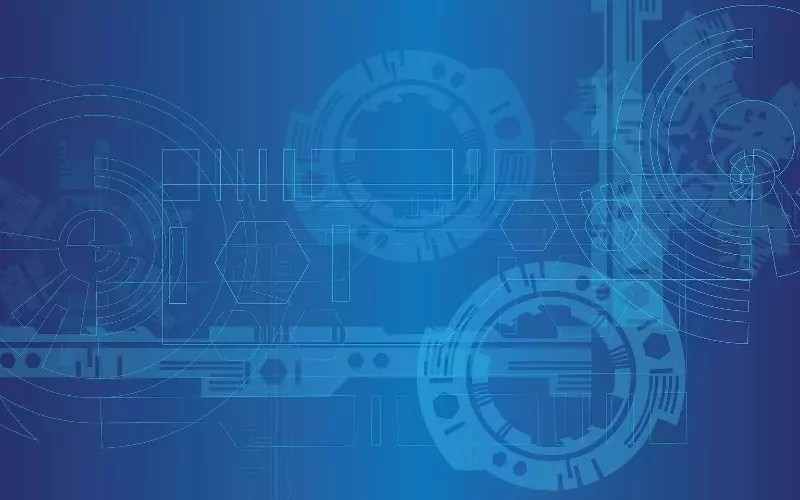Technology is dramatically reshaping the way the United Kingdom delivers international aid. As global connectivity increases, innovative solutions are emerging to tackle pressing humanitarian challenges.
The UK is at the forefront of deploying advanced mobile technology to enhance aid effectiveness. This initiative is driven by collaboration between governmental and industry leaders, aiming to improve response strategies to emergencies and development needs worldwide.
Mobile Technology at the Heart of Humanitarian Innovation
The UK Department for International Development (DFID) is partnering with the GSMA to revolutionise humanitarian aid delivery. By leveraging mobile technology, they aim to improve emergency response and enhance resilience in affected regions. This collaboration is set to unlock the potential of smartphones, facilitating access to critical services across the globe.
According to GSMA director-general Mats Granryd, mobile networks’ extensive reach uniquely positions them to drive innovation in humanitarian assistance. This partnership is building crucial bridges between the telecommunication industry and aid organisations, accelerating the impact of digital solutions.
With an estimated 75% of mobile connections expected to be via smartphones by 2025, this initiative promises significant advancements in delivering aid efficiently and effectively. The project focuses on areas like mobile money, energy access, and climate resilience, addressing fundamental needs in developing communities.
Improving Connectivity in Rural Tanzania
A pioneering project in Tanzania showcases how mobile connectivity can transform lives. In collaboration with local operators, the DFID and GSMA facilitated a rural roaming agreement, expanding 3G access to isolated regions. As a result, 70,000 Tanzanians now benefit from vital services such as healthcare, education, and financial inclusion.
The introduction of new mobile towers has bridged the digital divide, providing opportunities for socio-economic development in previously unconnected areas. This initiative exemplifies the direct impact that improved connectivity can have on rural communities, enhancing quality of life.
By connecting more individuals to mobile networks, the project empowers communities with the tools to access essential resources, fostering sustainable development and growth.
3D Printing: On-Demand Solutions in Crisis Zones
The use of 3D printing technology is redefining aid delivery in areas of urgent need. Supported by the DFID, Field Ready adapts to crisis conditions by producing medical supplies directly in affected zones.
This innovative approach enables the creation of life-saving equipment on-site, addressing shortages swiftly and efficiently. The ability to print items such as umbilical cord clamps and water pipe components ensures critical supplies are available when and where they are needed.
Field Ready’s efforts extend beyond Nepal to Haiti, Syria, and the hurricane-stricken Caribbean, showcasing the versatility and applicability of 3D printing in diverse humanitarian scenarios. This method exemplifies the adaptability and potential of technology in addressing immediate needs.
Maternal Healthcare Advancements through Mobile Services
In Tanzania, UK aid is bridging the gap between maternal health and technology. The “Healthy Pregnancy, Healthy Baby” service utilises mobile messaging to provide critical healthcare information to new and expectant mothers.
As maternal and infant mortality rates remain high, this initiative is a lifeline for many women. Delivered in Swahili, messages cover essential health topics, reaching over 1.8 million users, greatly improving healthcare outcomes.
By integrating healthcare information with mobile technology, the programme not only saves lives but also empowers women with knowledge essential for their well-being and that of their babies.
Clean Energy Access via Mobile Payments
In Uganda, access to clean and affordable energy is being revolutionised through mobile technology. Innovative solar systems powered by mobile payments are replacing harmful kerosene lighting, improving safety and health standards.
The PayGo energy solution, supported by UK aid, allows families to use mobile phones to manage their energy consumption, paying flexibly in installments. The integration of mobile technology in energy provision exemplifies how digital solutions can transform daily life in low-income settings.
This system not only enhances living conditions but also offers economic opportunities as mobile access reaches 95% of those lacking reliable energy sources.
Pay-as-You-Go Cooking Gas in Kenya
Kenyan households are benefiting from a mobile-enabled pay-as-you-go gas system, supported by UK aid. This system, implemented by PayGo, addresses health and financial challenges associated with traditional cooking fuels.
By utilising mobile payments via mPesa, families can purchase gas in affordable quantities, reducing reliance on smoke-producing firewood. This innovation enhances domestic safety and financial accessibility, transforming daily living conditions.
The startup, based in Nairobi, highlights the power of mobile technology to address fundamental needs, providing practical solutions for energy access challenges faced by many in developing regions.
The Future of UK Aid Through Technology
The UK’s strategic integration of technology into aid delivery sets a precedent for future humanitarian efforts. By collaborating with industry experts and leveraging digital innovations, the UK is ensuring that aid reaches those who need it most effectively and swiftly.
This forward-thinking approach not only addresses current global challenges but also prepares for emerging needs, demonstrating a commitment to sustainable development and impactful humanitarian action.
In embracing technology, the UK is enhancing its aid delivery mechanism, addressing challenges with innovative solutions. This strategic approach not just improves current efforts but lays the groundwork for future advancements in global humanitarian aid.


